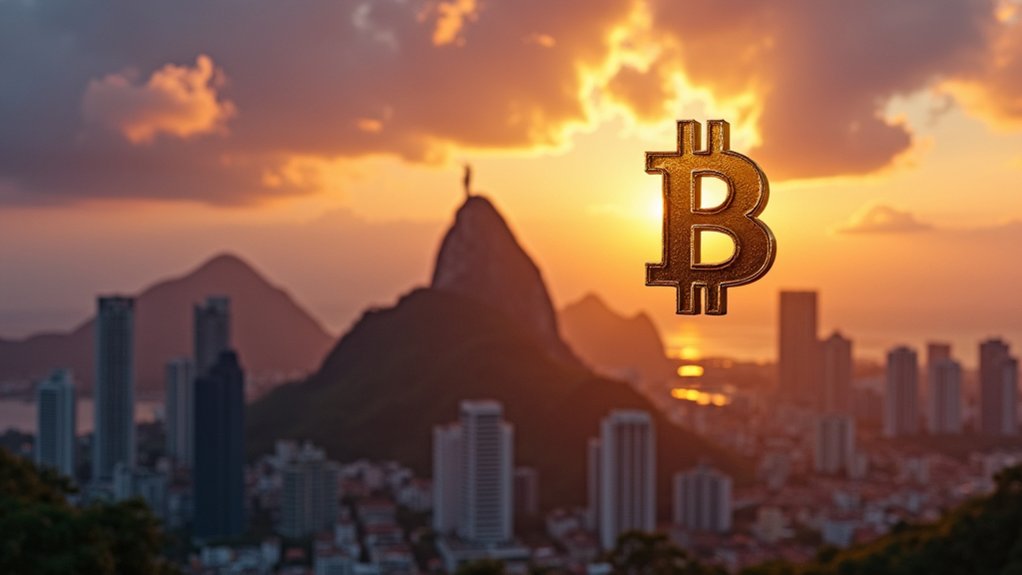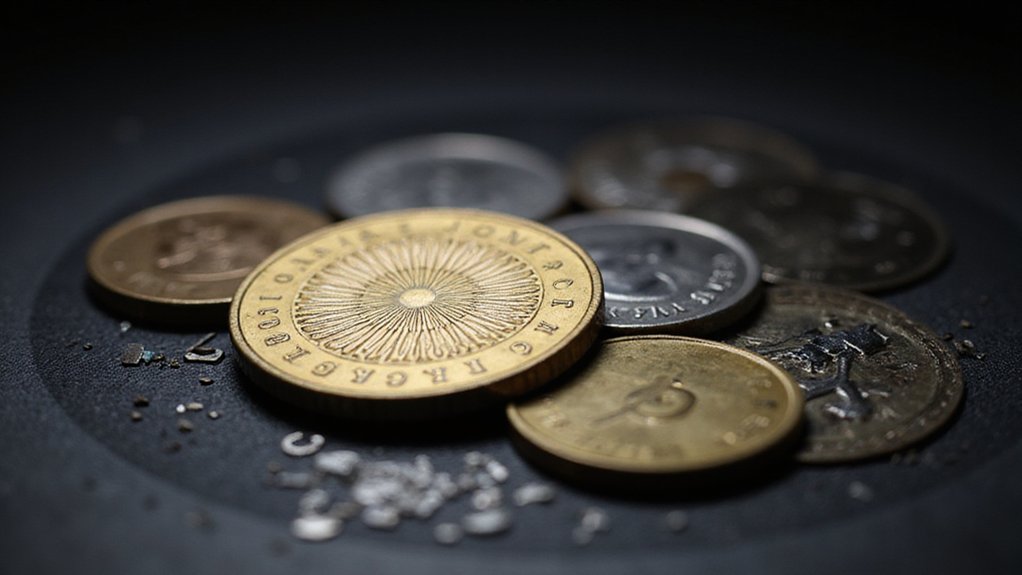While most nations contemplate their Bitcoin strategies through cautious committee deliberations and bureaucratic hand-wringing, Brazil has decided to skip the philosophical niceties and dive headfirst into what could be the most audacious sovereign wealth experiment of the digital age.
On August 20, 2025, Brazil’s lower house will conduct a public hearing for Bill 4501/2024—legislation that would establish the Sovereign Strategic Bitcoin Reserve (RESBit) and allocate up to 5% of the nation’s $300 billion international reserves to Bitcoin. This translates to a potential $15 billion government cryptocurrency position, managed jointly by the Central Bank and Finance Ministry with all the ceremonial gravity one might expect from institutions traditionally allergic to volatility.
The proposal emerges from a country already demonstrating remarkable crypto enthusiasm. Brazil ranks ninth globally in cryptocurrency adoption, with 26 million citizens (representing a 12% adoption rate) actively using digital assets. This groundswell isn’t merely speculative fever—stablecoin trading alone reached $11.4 billion in 2021, while the country boasts nine operational Bitcoin ATMs and recently launched the world’s first XRP exchange-traded product. However, these figures may be potentially underreported due to operators’ self-reporting practices and varying disclosure standards among different sized operators.
The demographic driving this revolution tells its own story: millennials aged 18-35 show 21.9% cryptocurrency ownership, followed by Gen X at 14.1%. These aren’t fringe adopters; they represent Brazil’s economic future, concentrated in urban centers where traditional financial infrastructure intersects with digital innovation.
Bill 4501/2024 includes surprisingly sophisticated security measures—Bitcoin storage in cold wallets with criminal penalties for mismanagement—suggesting lawmakers understand the stakes involved. The 180-day implementation timeline post-approval indicates urgency that belies typical legislative glacial pace. Brazil operates within a region where the six dominant countries collectively account for 87% of Latin America’s cryptocurrency users, positioning it strategically within this concentrated market influence.
Brazil’s rationale centers on hedging against currency depreciation and global financial instability, concerns that resonate deeply in a nation historically familiar with both. However, opposition remains fierce, particularly from the Central Bank’s monetary policy director, who presumably prefers traditional reserve assets that don’t experience 20% daily swings. This resistance reflects broader concerns about cryptocurrency’s environmental costs, particularly given Bitcoin’s significant energy consumption and carbon emissions associated with its proof-of-work consensus mechanism.
Should Brazil proceed, it would pioneer sovereign Bitcoin reserves among major economies, potentially triggering a domino effect across Latin America’s 18.3% crypto user growth trajectory. The August hearing will determine whether Brazil leads a digital financial revolution or joins the ranks of ambitious legislative proposals that quietly expire in committee obscurity.






